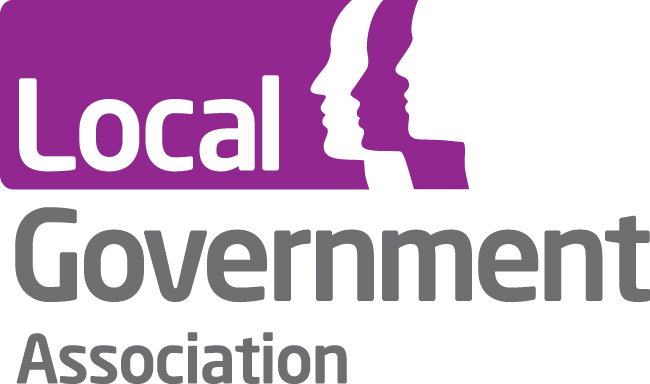Online marketplace shoppers are being urged by councils to check for signs that a product will be safe before purchasing, amid reports of potentially dangerous products routinely being sold online. The Local Government Association said studies show that only 17 per cent of all shoppers consider safety when making online purchase decisions and find it less important than price and ease of purchase. This is despite research showing that 66 per cent of potentially risky products from online marketplaces failed safety tests, with risks including electric shock, fire and suffocation. Online buying and selling has increased during the COVID-19 pandemic with many retail stores closed for parts of the last year, and nine in ten adults now using online marketplaces like eBay, Facebook Marketplace and Etsy to buy consumer goods. Online marketplaces like these are not responsible for the products sold on their websites by third parties. Worryingly, the Office for Product Safety and Standards (OPSS) recently found that 24 per cent of relevant businesses selling goods thought they had no product safety responsibilities. Council enforcement teams can also find it much harder to investigate businesses selling non-compliant products on online marketplaces as easily as for in-store purchases, as many sellers have no presence in the UK or are run from a domestic premises where local authorities have restricted powers, for example around rights to entry. The LGA is calling for the Government to update the regulatory framework to give councils the powers to tackle issues with online marketplace sellers in the same way they do with businesses who have an in-store retail presence. It is also calling for the marketplaces themselves to have accountability for the products sold on their platforms. The LGA, which represents councils across England and Wales, says that anyone looking to make a purchase through an online marketplace should: Look to purchase from a reputable seller – either a known and trusted business or a seller with good reviews from verified accounts; Check the listing’s language – if the seller uses words like ‘genuine’, ‘authentic’ or ‘real’, double check the details and compare it to the listing on a reputable company’s website; Find out where you’re buying from – many counterfeit goods, particularly electrical items, are produced overseas; Look at whether the photos are original, taken by the seller, or whether they are stock photos used on other websites and make sure the product in the picture is the exact one you are purchasing; All electrical products will have one or more safety certifications on the label if made by a legitimate manufacturer – if the mark is only on the packaging and not the product itself, it is likely to be fake. Cllr Nesil Caliskan, Chair of the LGA’s Safer and Stronger Communities Board, said: “The popularity of online marketplaces has been growing for a number of years now and received a boost due to the COVID-19 pandemic, forcing many stores to close during lockdown. “It can often be cost effective and convenient to buy on these websites, but it is also harder to spot when a product is potentially unsafe as you are trusting that the pictures and description are honest. “Taking extra time to ensure the product is from a reputable seller, marked with the correct safety certifications and sold in the UK can save you from serious harm or even death, as well as stopping you from buying a poor quality product. “It is also important that government updates the existing regulatory framework for product safety to ensure that local authorities have the tools they need to protect consumers from unsafe products and have the flexibility to continue to adapt in the future.” |
LGA warns of unsafe products on online marketplaces

